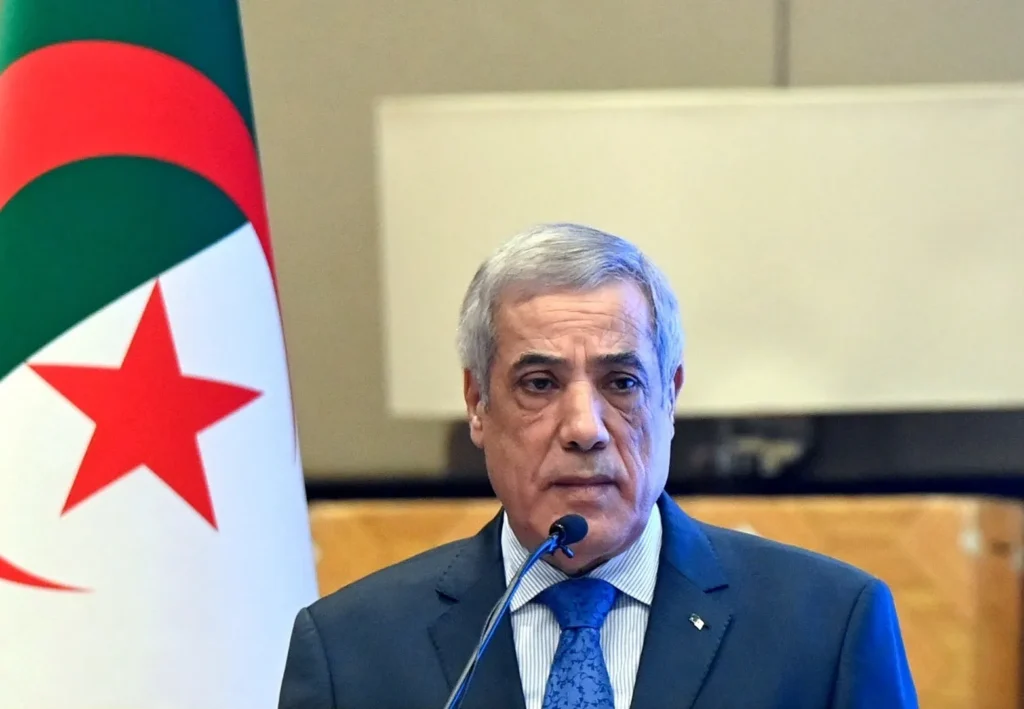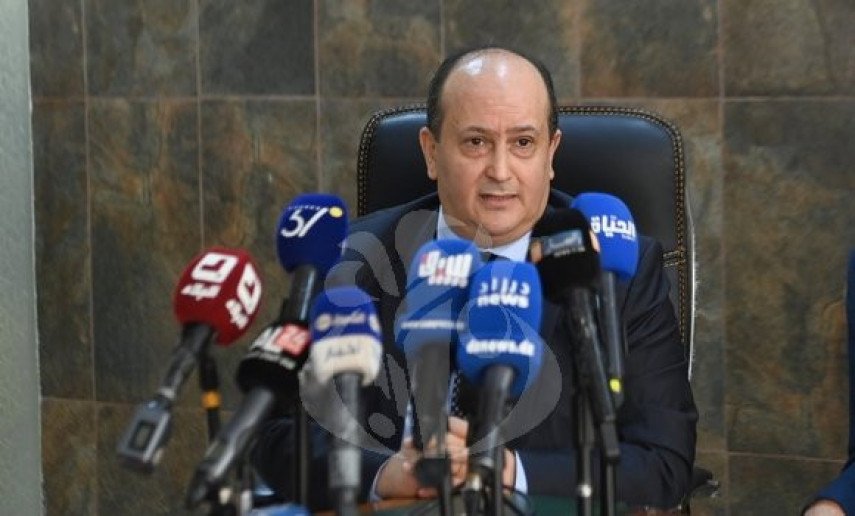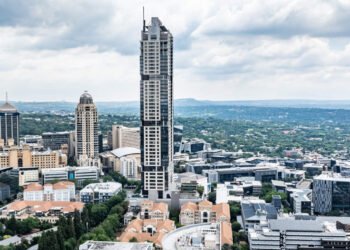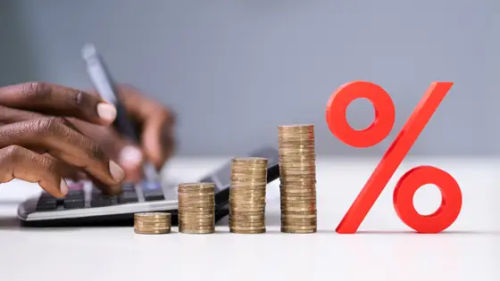Algerian President Abdelmadjid Tebboune has removed Prime Minister Nadir Larbaoui from office and named Industry Minister Sifi Ghrieb as acting head of government, according to state media reports on Thursday.
Larbaoui, a former diplomat, had been appointed prime minister in 2023. The government has not disclosed any reasons for his departure, though the move signals a shift in Algeria’s political landscape.
President Tebboune signed a decree formalizing the change, with Ghrieb stepping into the new role immediately. In his first public remarks, the newly appointed leader emphasized his commitment to the country’s economic growth. “I am honored by the responsibility entrusted to me and I will dedicate myself fully to advancing Algeria’s industrial and economic development,” Ghrieb stated. His comments point toward an agenda centered on industrial reforms and diversification.
The leadership shake-up comes at a time when Algeria is navigating complex political, economic, and social realities. While the North African nation has maintained relative stability in recent years, the government continues to balance calls for reform with efforts to preserve its tightly controlled political order.

Leadership Change Signals Algeria’s Economic Focus
Politically, Algeria remains under the firm grip of its ruling elite. Since the Hirak protest movement that began in 2019, Tebboune’s government has taken measures to ensure calm, but often at the expense of expanded political freedoms. Elections have consistently reflected limited pluralism, reinforcing the dominance of the military-backed establishment.
Economically, the country has seen promising signs of growth. Algeria’s GDP expanded by 4.5% in the first quarter of 2025, buoyed by diversification strategies beyond its core oil and gas exports. Non-hydrocarbon industries such as agriculture, trade, and manufacturing have played a key role in driving this progress. Inflation rates, ranging between 3.3% and 4%, have provided a measure of stability, helping to sustain consumer confidence despite fiscal challenges and an increase in imports.
For President Tebboune, maintaining this economic momentum appears to be a priority. The selection of Ghrieb, who has spearheaded industrial initiatives, underscores a strategy to accelerate reforms and reduce dependency on hydrocarbons. “Our main goal is to build a resilient economy that meets the needs of all Algerians and secures a prosperous future,” Ghrieb affirmed following his appointment.

Socially, Algeria continues to contend with deep-rooted inequalities and simmering public frustrations. While widespread protests have not resurfaced in recent years, grievances related to unemployment, cost of living, and limited opportunities remain. To address these, the government has expanded social safety nets, including debt relief initiatives and unemployment benefits targeted toward young people.
Earlier this year, the 4th Arab Forum for Equality, held in Algiers, highlighted the urgency of tackling disparities. Government representatives reiterated pledges to enhance healthcare, education, and social inclusion as part of long-term reform efforts.
The new appointment positions Ghrieb at the center of these challenges, tasked with balancing the push for economic transformation with the need to safeguard social stability.
In many ways, Algeria stands at a crossroads. With regional uncertainties, domestic pressures, and global economic shifts, Tebboune’s reshuffle conveys a clear message: government efficiency and economic reform will define Algeria’s path forward.
READ ALSO: Finance Ministry Rallies Support for Ghana’s Fiscal Council























